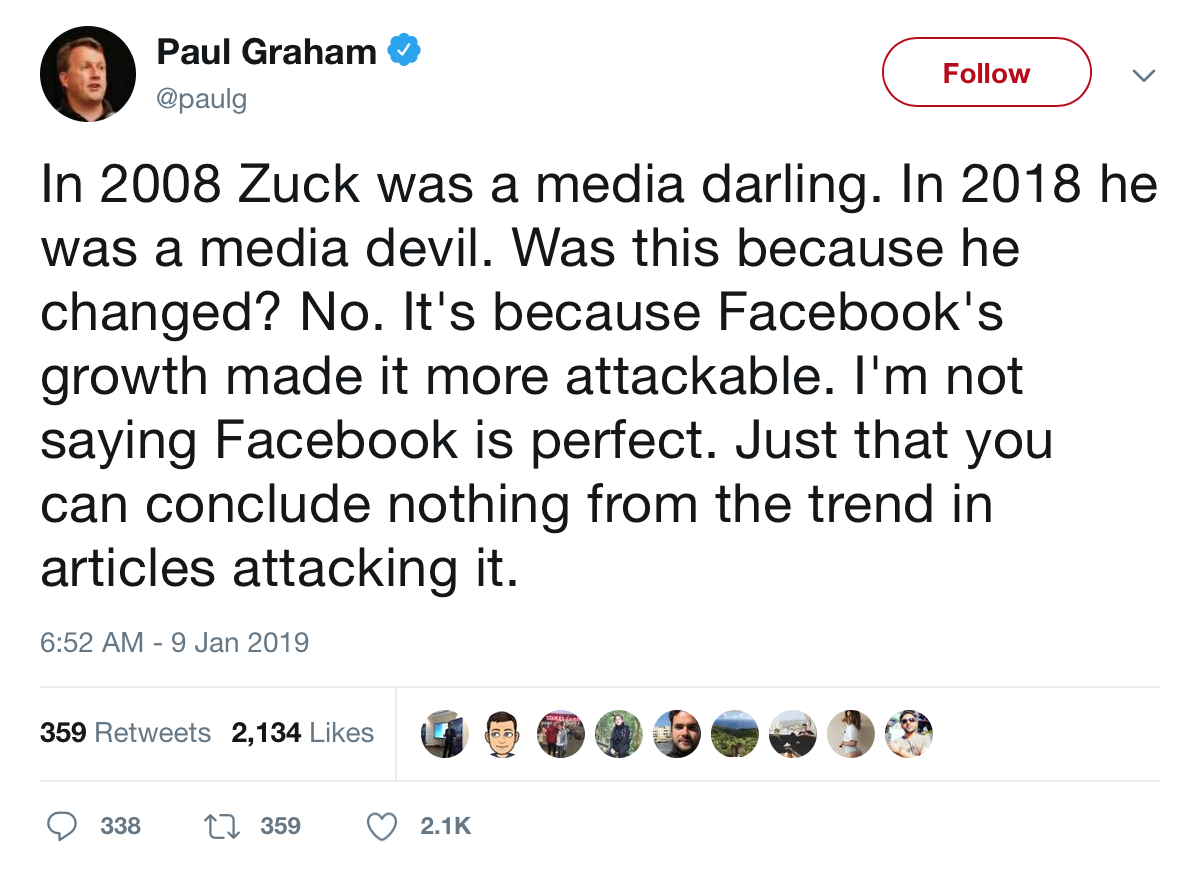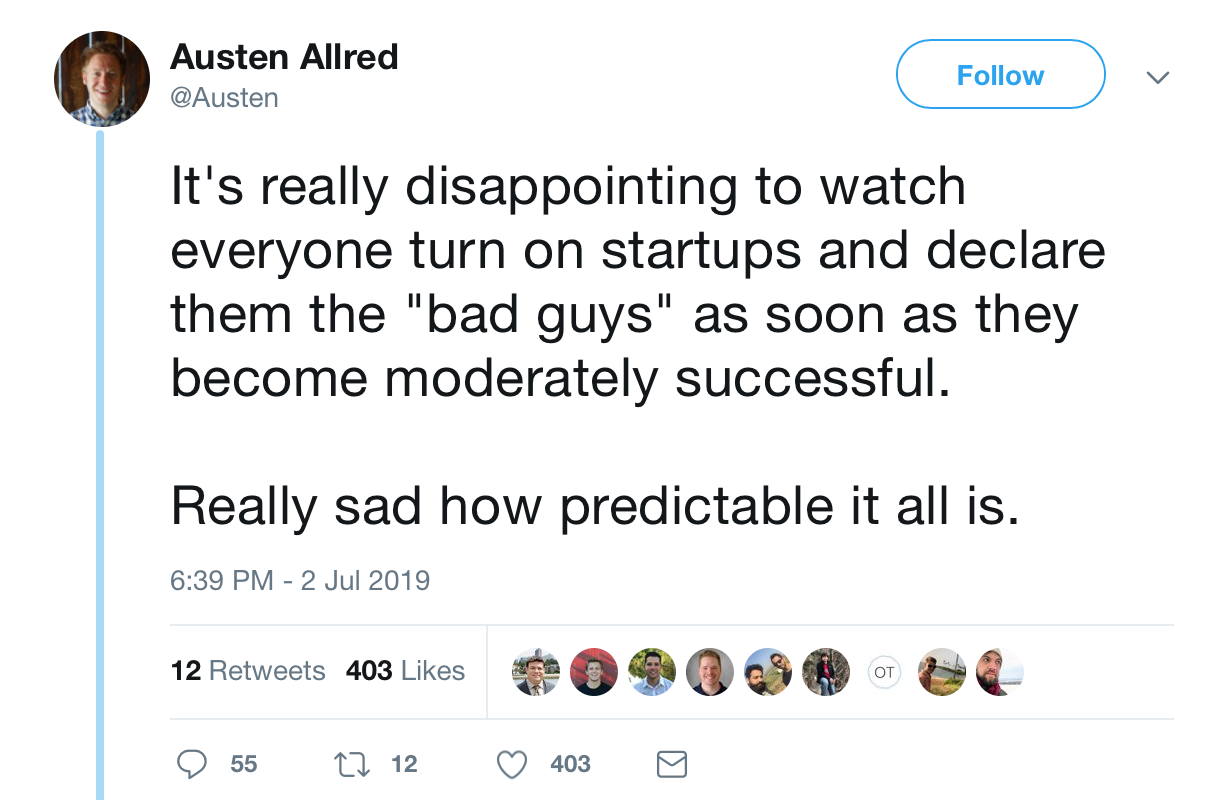The disconnect between how many companies claim that they only hire the best and how they try to actually do that is perverse. A depressing number of job postings are barely more than a list of technology or process requirements paired with an arbitrary desire for years of irrelevance. That’s then fluffed up by a bunch of trite rah-rah bullshit about the supposed glory of hiring company. Ugh.
It really doesn’t have to be like this, but it’ll continue to be like that until companies drastically change their hiring script.
Let’s start with how the process is driven. Far too often, hiring is made someone else’s job. Not the responsibility of the team leader nor subject to input from future coworkers. Instead, the job posting is written by someone in HR or the executive who’s too far removed from the domain or the specifics to do a good job.
Second, the matter is rushed because “we need someone yesterday” and “how hard can it be”. No wonder most job ads look like they’ve been cut from the same template because they probably have! Writing a good job posting is hard because it requires you to actually think about what the position entails and how to realistically portray the organization it’s within. This takes time.
At Basecamp, we have no illusions that we’re going to hire “the best”. In fact, even thinking about candidates in such absolute terms is nonsense. The world is full of people who are stuck doing mediocre work in a shitty environment or blessed to do stellar work by virtue of an elevating one. Most people are well capable of doing both! The only thing that makes sense is to hire the best – defined as most complementary to the organization – person out of the candidates who apply.
Which is why taking the time to describe the role, the work, and the organization with clarity and honesty matters so much. The vast majority of potential candidates in this world are not going to apply to your position in any case. The aim of a great job posting is to expand the pool in awareness of that fact. To entice those complementary candidates to apply who might otherwise wouldn’t have. Dropping this “the best” nonsense is a start.
So that’s what we’ve tried to do with renewed vigor over the past few months here. We’ve been in an uncommon hiring spree with five open positions recently. Every single one of those involved a prolonged, careful process of crafting the best job posting we knew how. Yes, some of the framing is similar between the posts, but each one was written for that particular position. Then subjected to critique, review, and editing by a broad cross-section of future coworkers. I think it shows.
It’s a banal statement that hiring is some of the most important work that an organization does. But that doesn’t make it any less true. Although perhaps the endless repetition of that thought has dulled most people to its wisdom, and they’ve failed to act as though they believe it.
Next time your company is hiring, try to get involved. If you like the way we write job postings at Basecamp, feel free to be inspired, but do the authentic work to make them yours. Your next hire will thank you!

